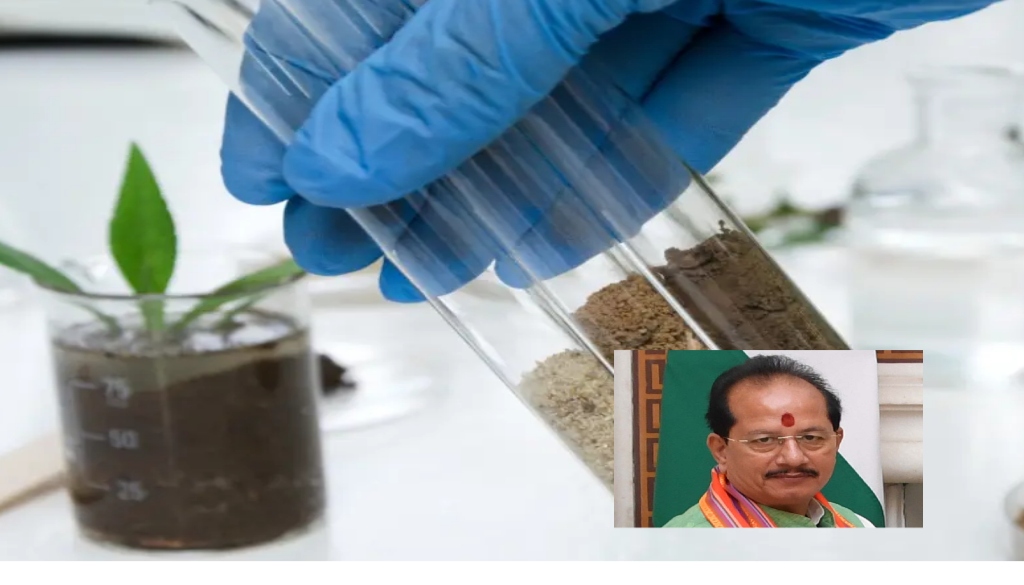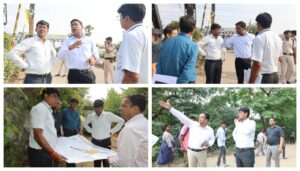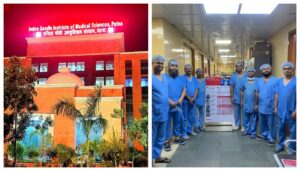
Patna: Bihar’s Deputy Chief Minister and Agriculture Minister Vijay Kumar Sinha has announced a major agricultural initiative under the state’s Soil Health and Fertility Scheme. The government plans to establish one soil testing laboratory in each of the state’s 470 blocks during the current financial year, aiming to bring scientific soil analysis and crop planning closer to farmers.
Speaking to reporters, Vijay Kumar Sinha said these village-level laboratories will allow farmers timely access to soil testing services, enabling more accurate recommendations for fertilizer use, crop rotation, and soil health improvement. “This will not only enhance productivity and crop output but also help reduce input costs, thereby increasing farmers’ income,” he stated.
The initiative also aims to generate employment in rural areas. The minister noted that the laboratories would serve as self-employment hubs for educated but jobless youth, allowing them to contribute to the agricultural sector. Currently, 72 such labs are operational across different blocks. The government intends to scale this up to ensure at least one lab per block.
In addition to soil testing facilities, the scheme targets the improvement of alkaline and acidic soils that hinder crop yields. Alkaline soils in panchayats across 34 districts and acidic soils in four districts have been marked for treatment. “Correcting these soil imbalances is vital for improving agricultural output and reducing farmers’ losses,” Vijay Kumar Sinha said.
The minister also outlined plans to supply essential micronutrients such as zinc and boron to enhance soil fertility. Based on past soil sample analyses, 1,900 hectares across the state will be covered under this micronutrient programme, with 500 hectares in each district receiving the supplements.
The move is part of a broader strategy by the Bihar government to integrate modern agricultural practices into rural development and ensure sustainable farming for the state’s largely agrarian population.





